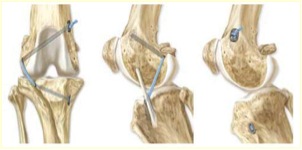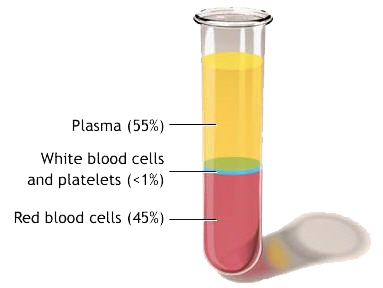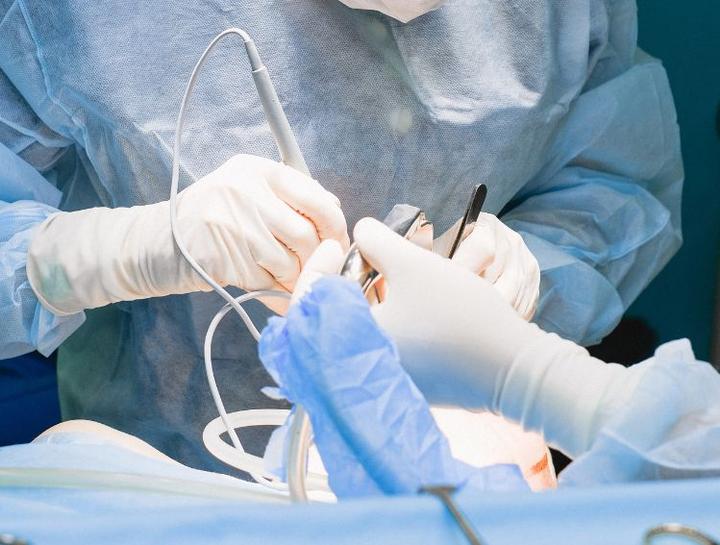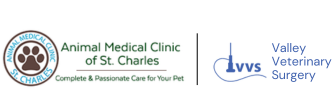Tightrope CCL Repair
A minimally invasive method for ligament stabilization
The Tightrope procedure was developed to provide a minimally invasive and improved method for extracapsular stabilization of the cranial cruciate ligament. The technique does not require bone cutting of any kind like the TPLO or TTA procedures. Instead, it uses small drill holes in the femur and tibia to pass a synthetic ligament-like biomaterial through a small incision to provide bone-bone stabilization during healing. The biomaterial used for the Tightrope CCL is called Fibertape. This a Kevlar-like material that is used extensively in human surgery for many orthopedic applications. This material has properties that make it stronger and less prone to failure than any other suture currently being used for CCL reconstructions.
Designed to be the least invasive procedure currently offered for your dog’s cruciate repair.

Common Symptoms of CCL Disease
|
Dr. Cook was part of the initial multi-center trial to evaluate the effectiveness of the Tightrope system. He has been performing the procedure since the fall of 2007, and now has done over 1,000 repairs using this technique. Dr. Cook has taught the technique to other veterinarians across the country.
Resources
Platelet Rich Plasma/ACP System Arthrex
We have been using platelet rich plasma (PRP)(ACP System, Arthrex) as part of our surgical protocol since Fall 2012. We retrospectively analyzed our data for the first year using PRP, including all patients who received cruciate ligament repair surgery using an implant (usually a Tightrope, or a Fiberwire and anchor system). The PRP is prepared according to standard protocols using an Arthrex ACP centrifuge system.

We then analyzed our infection rate for the two years prior to the study and we determined the infection rate for that time was 4.2%. Comparison of these two groups showed statistically significant reduction in the infection rate when PRP was added to the protocol.
There have been numerous human studies demonstrating lower infection rates and faster healing of bone tunnels using PRP, references are enclosed in the brochure below. ACP is a specific type of PRP product. PRP is a concentration of platelets and growth factors which improves signaling and recruitment of cells to an injury site to optimize healing. It is a very simple and cost effective technique. There is a special double syringe system to maintain a sterile product. We draw the sample at induction of anesthesia and process during surgery. Another potential advantage of the PRP post operatively is pain reduction, which has been validated in people. Since it is the patients own blood products, there is very little concern for side effects.
Resources
For additional information, contact our office during business hours: (630) 208-0380
FAQs >

